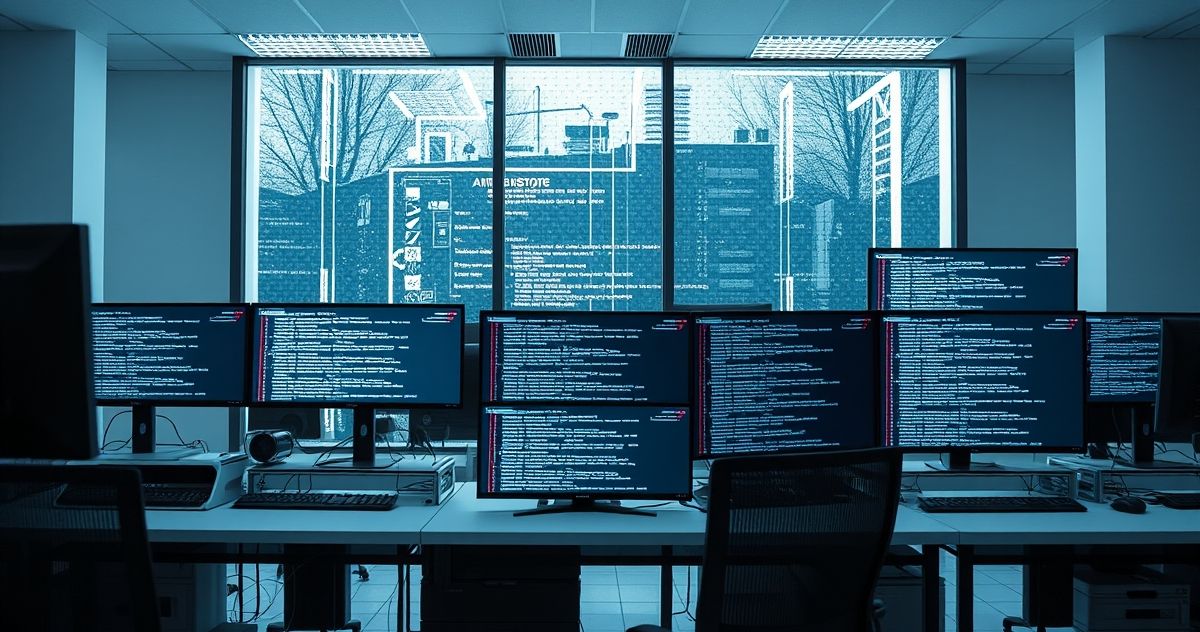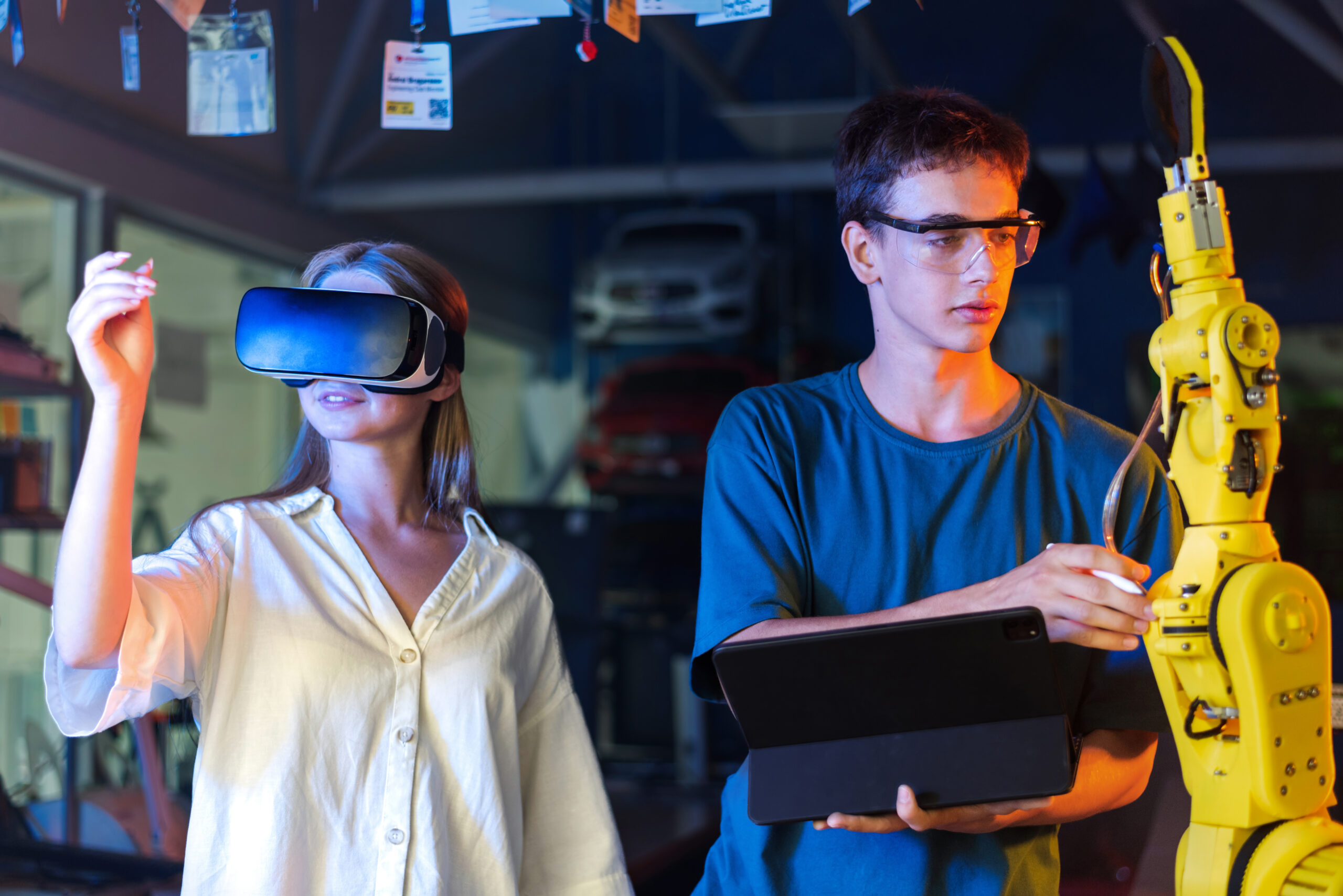AI agents in the workplace are transforming how companies handle basic knowledge tasks—taking over responsibilities that were once assigned to interns or junior hires. With the rise of autonomous tools like Auto-GPT, BabyAGI, and the newly launched Devin, we’re witnessing a major shift in how businesses manage early-career tasks, from research and reporting to coding and admin support.
What Are AI Agents?
Unlike traditional AI tools that require direct human input and supervision, AI agents are autonomous programs capable of planning, executing, and learning from tasks. Think of them as interns who don’t ask questions, never get tired, and can complete a to-do list without needing step-by-step guidance.
Tools like Auto-GPT and BabyAGI can autonomously research topics, summarize reports, generate content, create project plans, and even debug simple code—all without micromanagement. These tools link multiple AI capabilities together, allowing them to think, act, and refine their output over time.
📰 Sources:
Meet Devin: The First AI Software Engineer
In March 2025, a company called Cognition Labs introduced Devin, an AI agent marketed as “the first fully autonomous software engineer.” Devin can write, test, debug, and deploy code based on simple user prompts. It even manages version control using GitHub and tracks progress in real time.
Devin is not just a chatbot—it understands goals, breaks them into tasks, and works iteratively to improve output. In early benchmarks, Devin completed real-world coding tasks on Upwork and GitHub repositories, rivaling the productivity of junior developers.
📰 Source:
What Tasks Are Being Replaced?
Here’s a glimpse at what AI agents are now handling that used to be done by interns and junior hires:
- Research: Market analysis, competitive research, summarizing academic papers
- Admin: Scheduling, drafting emails, organizing project plans
- Content: Writing reports, blogs, basic ad copy
- Development: Fixing bugs, setting up environments, writing test cases
- Data: Sorting spreadsheets, cleaning datasets, generating insights
These tasks form the core of most entry-level roles in marketing, HR, tech, and finance—making AI agents a direct competitor to new hires.
Risks and Realities
While this evolution may boost productivity, it brings significant implications for the labor market:
- Fewer entry-level openings: Companies may prioritize AI tools over junior staff, limiting real-world training opportunities.
- Skilling pressure: The value of human workers is shifting toward problem-solving, critical thinking, and AI oversight.
- Bias and trust: AI agents, like interns, can still make mistakes. Blind trust in outputs can lead to flawed decisions if human oversight is removed.
This raises the need for clear guidelines on AI ethics, transparency, and accountability in the workplace.
Adapting to the New Normal
Instead of seeing AI as a threat, forward-looking companies are pairing junior staff with AI agents, creating hybrid teams where humans focus on strategic oversight while AI handles the grunt work.
Educational institutions and training programs are also adapting by teaching students how to collaborate with AI—treating tools like Devin as teammates, not replacements.
The workplace is changing—fast. AI agents in the workplace aren’t coming for all jobs, but they are redefining the role of humans at the start of their careers. In this new landscape, success won’t come from outworking AI—it’ll come from outthinking it, guiding it, and building with it.
As entry-level work is automated, human creativity, emotional intelligence, and leadership will become the most valued skills in the room.



